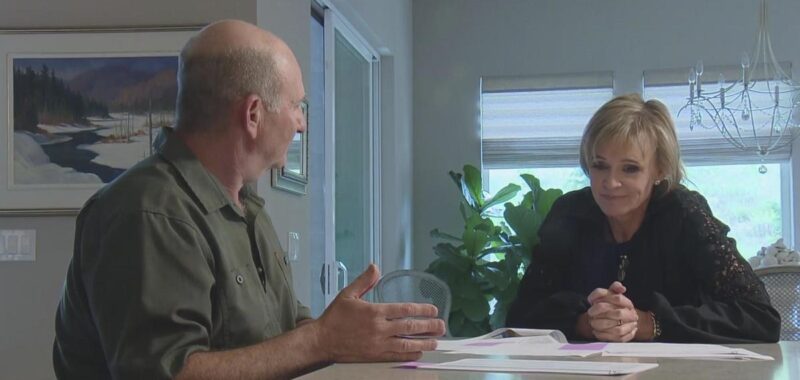Nearly half of insured Americans have been smacked by surprise medical expenses in the past year, but a majority don’t contest billing errors or coverage denials, a new survey by the Commonwealth Fund finds.
That inaction — which largely stems from an unawareness that such bills and denials can be challenged — can be a costly, as the effort frequently works, according to the study published on Thursday by the nonprofit private foundation.
Forty-five percent of 7,873 insured adults surveyed nationwide relayed being billed for a service they thought should have been covered, the Commonwealth Fund found. Nearly one in five — or 17% — reported being denied coverage for a doctor-recommended service.
Yet fewer than half who reported billing errors or coverage denials challenged them, mostly because they did not know they have the right to do so, the poll taken last year found.
The consequences of having coverage denials were also illustrated in the research, with nearly 60% reporting delays in care and nearly half — 47% — reporting worsened health conditions as a result.
“It sheds light on a troubling reality — that many people with insurance are facing unexpected bills and having doctor-recommended care denied,” Sara Collins, the Commonwealth Fund’s senior scholar and vice president for health care coverage and access, told CBS MoneyWatch. “And many are at a loss as to what to do about it — people are confused about the health care process itself, both in the way things are billed and who is responsible for it,” Collins said.
There are also positive pieces of information to glean from the findings, the researcher noted.
“What is encouraging, and people should know,” is that more than a third who disputed medical bills had their balances reduced or eliminated, and half of those who challenged coverage denials succeeded in getting some or all denied services approved, Collins, who coauthored the report, relayed.

